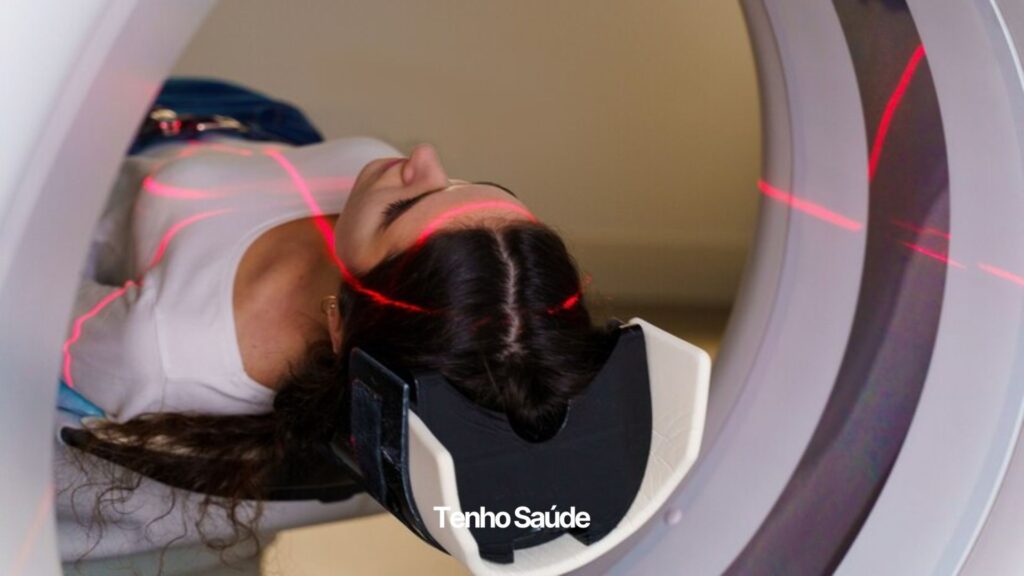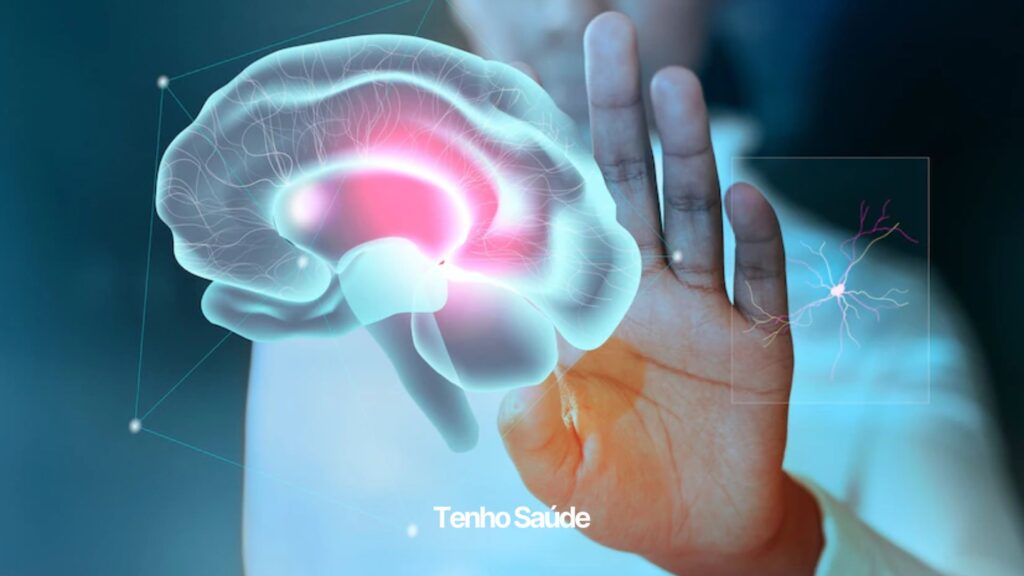The pandemic is an event that has had a number of personal and social impacts. But is it possible to physically affect the brain?
The uncontrollable growth during the peak of cases and the limited hospital infrastructure led governments to decree several measures, such as social isolation, which closed leisure areas, schools and non-essential businesses.
These measures were important, but especially difficult for children and adolescents.
Almost all young people have faced adversity in the form of being separated from their normal routines, in addition to financial strain, health threats and exposure to increased cases of domestic violence having an impact during the pandemic.
Search
Researchers at Stanford University have found that adolescents' brains are aging faster than normal due to the impact of the COVID-19 pandemic.

In an article published¹ on the website Biological Psychiatry, MRI scans performed before the pandemic on 163 young people aged 15 to 18 were analyzed, as well as other recent scans with adolescents in the same age group.
The results show that the brains appeared to be three years older than expected, with certain structural changes identified in the hippocampus, amygdala and a reduction in cortex tissue, which can affect concentration, learning, emotions and memory.
“This confirms the stress they experienced during the pandemic and the effects it had, not only on their mental health but also on their brain.”
Ian Gotlib – Stanford professor and co-author of the research.
Before the pandemic, premature brain aging was only found in children who suffered domestic trauma.
Because this is a recently published study, experts reported that the long-term impacts of these changes are not yet known. However, an increase in depression, stress, panic syndrome, GAD (Generalized Anxiety Disorder) and OCD has already been observed in children and young people.
Scientists have continued to analyze the brain effects in the same adolescents into adulthood and are now working on analyses conducted in children who contracted the virus.

The American doctor Dr. R. Meredith Elkins, reported that the main cause of stress in children during the pandemic was the lack of stimuli, social support and isolation. There was also a large impact of anxiety due to the immediate return to school.
“You had a period of relative ease in schooling (at home) and then suddenly the kids are back in school and the demands are increased.”
Dr. R. Meredith Elkins
Mental health
Science proves that there are negative physical and psychological impacts due to the pandemic. That is why it is important to implement habits that encourage improved mental health.

A good diet, physical exercise, meditation and reading are simple practices that have positive effects.
Depression, anxiety and other problems related to poor mental health are usually silent at first, but once established, they require a lot of attention and can affect all ages.
If you feel the need, seek out a psychologist to begin early treatment. You will receive all the instructions according to your routine.
New wave
Recently, we reported that the health transition committee stated that we are still experiencing the pandemic, and that in assessments carried out by epidemiological scientists, the beginning of a new wave in Brazil is possible. Check it out:
“To avoid a new outbreak, it is ideal to be up to date with vaccinations and booster doses. Wash your hands thoroughly with soap and sterilize them with alcohol gel with a concentration above 70%. Avoid crowds and maintain conscious social distancing to avoid a new wave and start 2023 without worries.”
To check the study reported in this article, simply click on “Biographical references”.
Follow the I am healthy to stay up to date with the latest information, news and updates. Stay up to date with Health.
Here are all the scientific studies we used to write this article, to access them, just click on the link.
1 — “Effects of the COVID-19 Pandemic on Mental Health and Brain Maturation in Adolescents: Implications for Longitudinal Data Analysis: (https://www.bpsgos.org/article/S2667-1743(22)00142-2/fulltext)”.
2 — Elizabeth Pritchett of Fox News Health.







